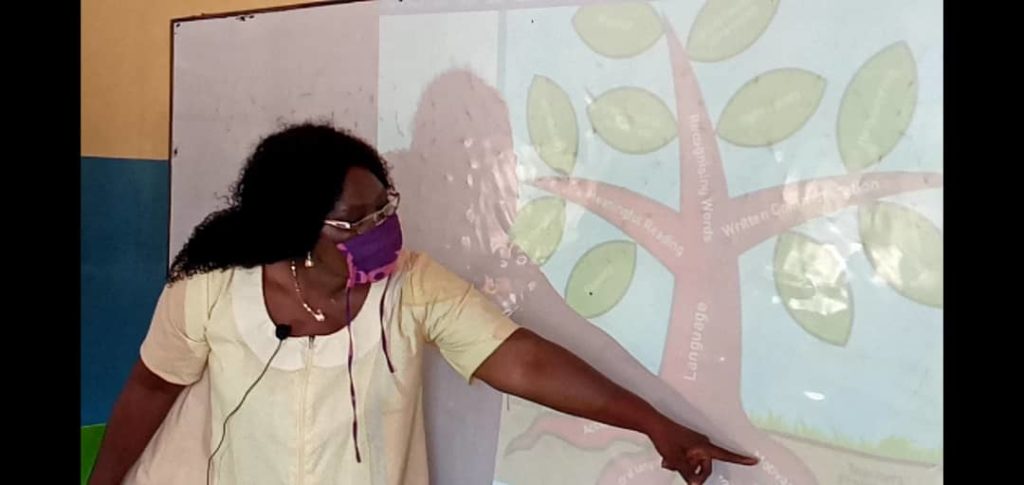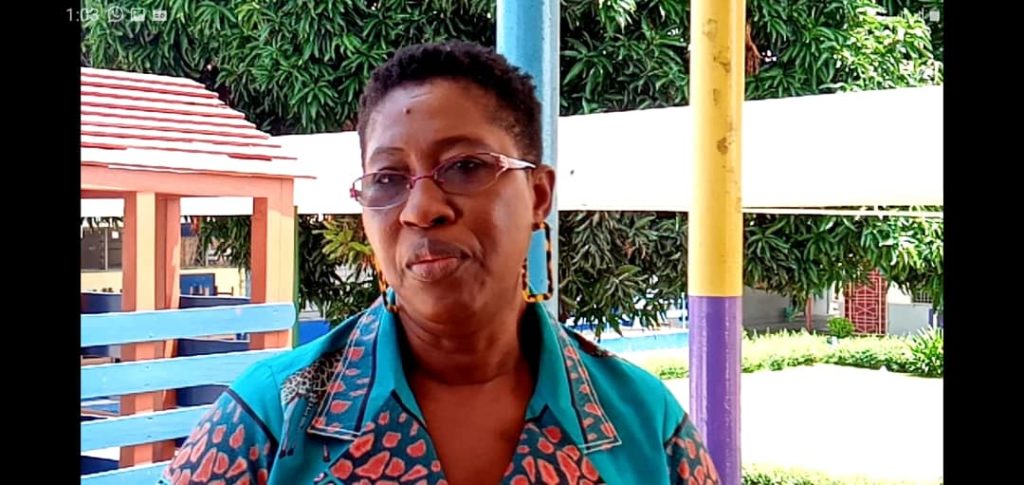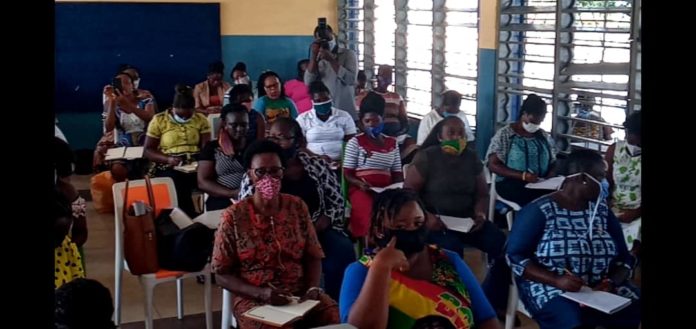|
Getting your Trinity Audio player ready...
|
The Education Training Consultancy TEDD Ghana LLC has commenced a strategic collaboration with the National Teaching Council, to salvage the country from its poor showing, coming last but one in world education rankings.
The abysmal ranking which paints a rather uncomplimentary picture about the state of Ghana’s education is contained in the latest World Bank Human Capital Index report conducted among children from basic to secondary schools across the world.
Even among middle income countries which have an average Human Capital Index test score of 391, Ghana only makes a 307 mark only two points more than Nigeria which lies at the bottom.
The 2019 H.C.I. report of the World Bank blamed the low ranking of Ghana on the poor quality of learning in schools, poor investment in teachers, the absence of innovative methods of teaching and the lack of good teaching and learning materials.
The report further points out that although the expected years of school for children in Ghana is 12 years, Ghanaian children are learning at half their capacity with 6 years going waste because of poor content.
This time round, the NTC is focussing on the basics of early childhood education with TED Ghana bringing its team of consultants on board to retool teachers working in this field.
The new direction is informed by its quest to begin tackling the problem from the foundation placing Nursery, Kindergarten, and Class One, two and three teachers at the forefront of the project.
The training which begun with teachers from the Shai Osudocu District took participants through modern pedagogies of teaching; constructivist and practical teaching methodologies, handling literacy classes as well as teacher branding and professionalism.
The lead facilitators for the training and CEO of TED Ghana Henrietta Naa Amerley Amarh assured that Ghana can rewrite the narrative if the right kind of teachers are placed in the classroom
She explained, “We are here to train these teachers in the early childhood sector. We believe that this is the foundation of education and if they get it right, from that point, it will carry through but if there is a problem with the foundation, it’s going to affect the individual students throughout their education.”
“We are helping these teachers in career development in how to basically help children to do critical thinking, to work constructively, to get the content of what they are being taught and not to just memorize. We are emphasizing on the fact that the new curriculum is the best and we are looking at all the little things that we could add to make it a better curriculum to implement,” Naa Amerley Amarh elucidated.
Education Consultant Dr Ebenezer Appiah Bonney diffused the notion that Ghanaian children were any inferior to their counterparts making high strides and inventing gadgets in developed countries.
He was positive doing away with the continuous reliance on abstract teaching of maths and science and putting the children in the reality of the subject, could make a big difference.
“For instance if you are teaching one plus one, bring the items to the classroom for the students to add up because that will stick. If you are teaching planting in science, you will want the students to plant and have them take data every day. They take the length, the date, the size of the leaves and by that they will learn how to take data. If you are introducing them to histograms and those concepts, it will be real and able to plot because they took the data themselves,” Dr Appiah Bonney taught.

Another aspect that lit up the training was the teacher branding and professionalism session handled by Educationist and Corporate Professionalism Coach Marian Babah Alargi.
Mrs Babah Alargi enlightened teachers about the seldom identified fact that the appearance, attitude and demeanour of a teacher have a direct bearing on the psyche of his or her students.
She noted, “Statistics say that 70% of your appearance and what you are shouts; 25% of what you say whispers. So if you sit and say I am not going to appear well, I am not going to believe in myself, I am a timid teacher, then the child in your class will not hear you or appreciate what he is getting from you.”
Lecturer with the University of Cape Coast, Dr Joyce Tawiah Mensah handled the basics of teaching literacy to children while Nii Boi Quartey schooled the teachers on how to be resourceful in developing Teaching and Learning Materials (TLMs).

The teachers drawn from the Shai Osudoku District were elated about their experiences and how the training will change their style of teaching approaches.
“This training has made us look back at ourselves and what we represent even to the extent that the way we carry ourselves communicates to the children who we are and whether they can absorb what we teach them, if you are that energetic and lively they get things better than if you are that dull person,” Veronica Kitson Dodoo a KG 1 teacher with the Osu D/A Basic School admitted.
District Education Coordinator for the Shai Osudoku District, Victoria Yeboah underscored how the training makes the work of her office easy, while expecting better educational outcomes for her district.
Mrs Yeboah commented: “As a supervising officer, I feel this training has eased my work a lot because the teachers themselves brought out contributions on how they can tackle the challenges they face in their work and that is a very good way forward for my district.”
As the Ghana Education Service works at digging itself out of the uncomplimentary last but one slot on the World Bank’s Human Capital Indices, it can only be hoped that this training which is expected to be replicated in the western and Northern regions will accelerate the pace.
TEDD Ghana LLC which has its aim to change the world one teacher at a time, has been certified by the National Teaching Council to carry out training on mandatory professional development courses which will form part of requirements for renewing the licenses of teachers, promotions and professional awards.
By: Ivan Heathcote – Fumador





